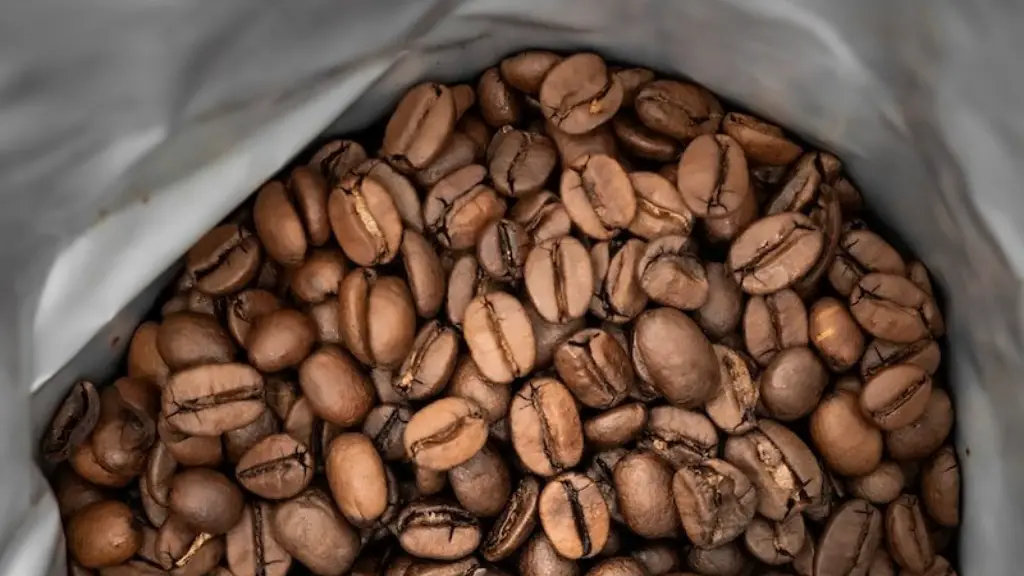Ketogenic Diet
The ketogenic diet is a low-carbohydrate, high-fat diet, in which around 70-80% of the daily calories come from fat. It has been suggested that this diet can improve health and mental wellbeing. It is typically used to help manage metabolic and neurological diseases, such as epilepsy, diabetes and even some cases of Alzheimer’s.
The main idea is that when a person follows a ketogenic diet, their body enters a state of “ketosis,” where it shifts to using fat as its primary fuel instead of glucose. In order to enter ketosis, a person will have to significantly reduce their intake of carbohydrates and increase their intake of fat. As the body stops relying on glucose as its main source of energy, it begins to use the stored fat to create molecules called ketones that are then used for energy.
People who have successfully achieved ketosis often find that they feel more energetic, have more focused thinking and become better problem solvers. These improved mental capacities are often attributed to the body having to work at a higher level to produce its energy.
Coffee and the Keto Diet
One of the most popular questions that arises when starting a ketogenic diet is: “Can I drink coffee on a ketogenic diet?” The answer is yes – coffee can most definitely be enjoyed while following the ketogenic diet. Coffee has many benefits and can actually be beneficial to the ketogenic diet. It can be enjoyed black or with a few small additions such as heavy cream, coconut oil or butter.
Coffee is a great source of natural energy supplements such as caffeine, which can help to increase focus, alertness and mental clarity. It is also packed with antioxidants, which can help boost the immune system and protect the body from disease. Additionally, coffee can help to suppress appetite and boost fat burning.
When following a ketogenic diet, it is important to be aware of the carbohydrate content of coffee, as this can affect the body’s ability to enter and stay in the state of ketosis. Most coffees like espresso, latte, cappuccino, and mocha will have some quantity of carbs. This is usually seen mainly in the added milk, sugars and flavorings.
Health Benefits of Coffee
There are various health benefits associated with coffee, as long as it is moderated. For healthy adults, up to 400mg of caffeine a day is considered safe. One cup of coffee contains about 95mg of caffeine. This makes it a fairly safe and beneficial addition to the ketogenic diet plan.
Some of the health benefits associated with drinking coffee, whether you are on a ketogenic diet or not, are improved metabolism, increased energy levels, enhanced brain function and decreased risk of developing diabetes, Alzheimer’s and heart disease. Furthermore, moderate consumption of coffee has been proven to reduce depression and stress levels.
It is important to remember that coffee can still affect those on ketogenic diet plans, as the caffeine can cause the body to become more sensitive to the effects of sugar. This means that the body will respond more slowly to the consumption of carbohydrates, slowly reducing the body’s ability to enter and stay in ketosis.
Amount of Coffee
For those who are on a ketogenic diet and also enjoy coffee, it is important to keep the consumption of coffee under moderation. A moderate dose of coffee is usually one or two cups a day. It is important to keep track of the total amount of caffeine consumed in a day, as this can affect how well the body enters and stays in ketosis.
It is also advisable to limit the added ingredients such as milk and sugars that may affect the carbohydrate content. To keep the carbohydrate content low, it is best to stick to coffee that is black or with a splash of cream or a teaspoon of coconut oil or butter.
Benefits and Side Effects
There are numerous benefits associated with drinking coffee while on a ketogenic diet, as it can help to increase focus, alertness and mental clarity. Coffee can also help to suppress appetite and boost fat burning, although the body may become more sensitive to the effects of sugar with moderate consumption of caffeine.
However, there are some side effects that need to be monitored. These include headaches, dizziness, nausea, dehydration, rapid heart rate and difficulty sleeping. Most of these can be avoided by sticking to moderate consumption of coffee and making sure to stay hydrated throughout the day.
Final Thoughts
In conclusion, coffee can be a beneficial addition to any ketogenic diet, as long as it is consumed in moderation. It can help to increase focus, alertness and mental clarity while also suppressing appetite and boosting fat burning. However, it needs to be kept in moderation in order to ensure the body can enter and stay in ketosis. It is important to also keep track of the total amount of caffeine consumed in a day and to avoid adding any extra carbohydrates to the coffee.



